

HAVE you ever been told you don’t look like a “real” lesbian? I have.
My orientation is a surprise for people whose default setting is that everyone is straight until otherwise confirmed. In this line of thinking, having short hair and tattoos is the equivalent to walking around with a rainbow aura.
“I’d never have guessed it’s not very obvious. You’re one of those lipstick lesbians,” is said to me in a tone suggesting this was some sort of personal accomplishment — that my very attire was designed to hide my gayness.
An article from the 1980s by writer Patsy Lynch in issue 40 of Outweek called ‘Lesbian ladies (or where did all the femmes go?)’ resonates more than it should.
In what Lynch calls “attire phobia”, Cynthia Yockey, a lipstick lesbian as now popularly known, describes how she felt in the LGBTI community in the 80s.
“I had been reading articles about what makes a woman, straight or gay: Clothing seemed to be important. I thought it rather silly for someone to tell me how I should dress to be a real woman. I am a real woman and a lesbian. I will decide how I dress and behave,” she told Lynch.
“There seems to be a ‘dress code’ which is rigidly followed. Because I wear feminine attire, I was disowned, even persecuted, by this community. I’d rather be alone than tolerate this abuse.”
Attire phobia is hopefully less of an issue in 2014. Yet the term “lipstick lesbian” perpetuates. When told that I don’t look like a “real” lesbian, it prompts the question: exactly what is expected to fit into our crowd and to be seen as part of the community by those outside of it? There’s even a “lipstick lesbian problems” Tumblr. Here’s the extent of them: “When you get your hair cut super short and people think you’re becoming butch” and “When not even your girlfriend believes you’re gay”.
The more people that are surprised when non-stereotypical lesbians come out, the more obvious it is we have a problem.
Lesbianism does not have an appearance — I was never given the secret style handbook. Those who seem feminine are not necessarily putting in some special effort to hide their homosexuality and they don’t always want a heteronormative role. “Butch” women, another deplorable label, are also not automatically there to fill a typically male role.
If there’s anything the recent Ruby Rose Break Free short film shows us, it’s that external wrappings have very little to do with who you are. It’s quite preposterous to think that you can tell someone’s sexual preference by just looking at them.
Labelling among ourselves allows our relationships to be subject to bizarre questions. One of the more common ones is: “Who is the man in your relationship?” Of course, they’re not suggesting that either one of you is biologically male — they’re suggesting that one of you plays the role.
And queries like this: “I don’t have a problem with lesbians but why do they always want women that look like men?”
What they fail to understand is that lesbianism has never been about appearance. As a result of these butch/femme stereotypes it is often seen as though you’re roleplaying a straight relationship. In effect, it suggests that two females can’t have a fulfilling relationship without one playacting masculinity. That’s not exactly a positive message.
Society has enough issues around women’s roles to not be adding this extra layer of confusion to our own community. When younger it was often hard to shake off the unnerving sensation of being the straight girl that had stumbled into the gay bar, despite my queer orientation.
Identity is a big deal for many people. Slowly understanding my character took a lot of effort, a lot of inadequacy fears, and a lot of self-esteem blunders. The excruciating unhappiness that comes from not feeling like you belong, and most in the LGBTI crowd are able to attest to that feeling, is sadly perpetuated by these notions that in order to be a proper lesbian you need to fit certain characteristics.
This was perfectly expressed when Ellen DeGeneres called herself a “chapstick lesbian” in 1997. That is, she struggled to fit herself into the currently-defined boxes and so picked another of her own devising. This is likely easier for a 39-year-old adored American comic personality than for an unsure teen struggling with her sexuality.
Being a “real” lesbian is not about how you present. I’m not hiding behind a straight façade — I’m traditionally feminine and proudly gay. Lesbianism has nothing to do with dangerous labels and it’s time to cast them aside.
Jennifer Duke is a proud lesbian and the editor of Property Observer. Follow her on Twitter: @JennieDuke
**This article first appeared in the October issue of the Star Observer. The November issue will hit the streets on Thursday, October 16. Click here to find out where you can grab your free copy in Melbourne, Sydney, Brisbane, Adelaide, Canberra and select regional areas.




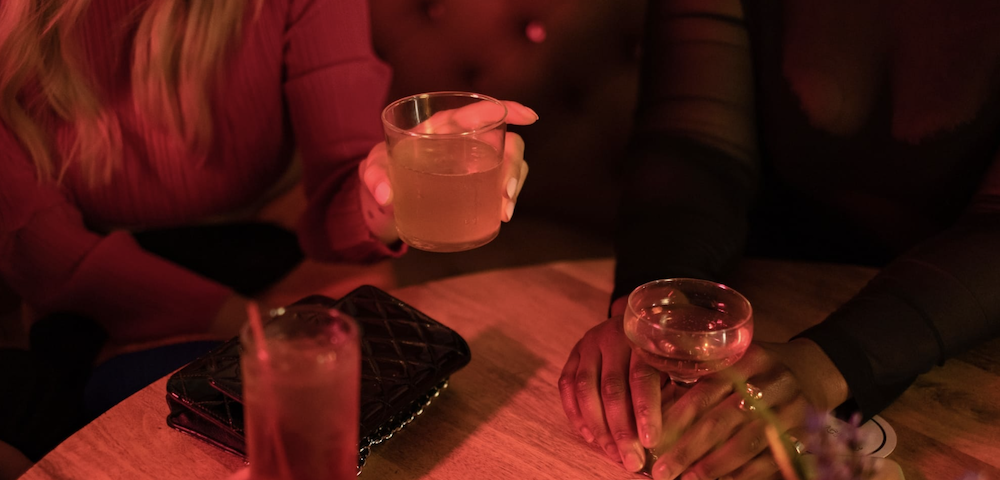
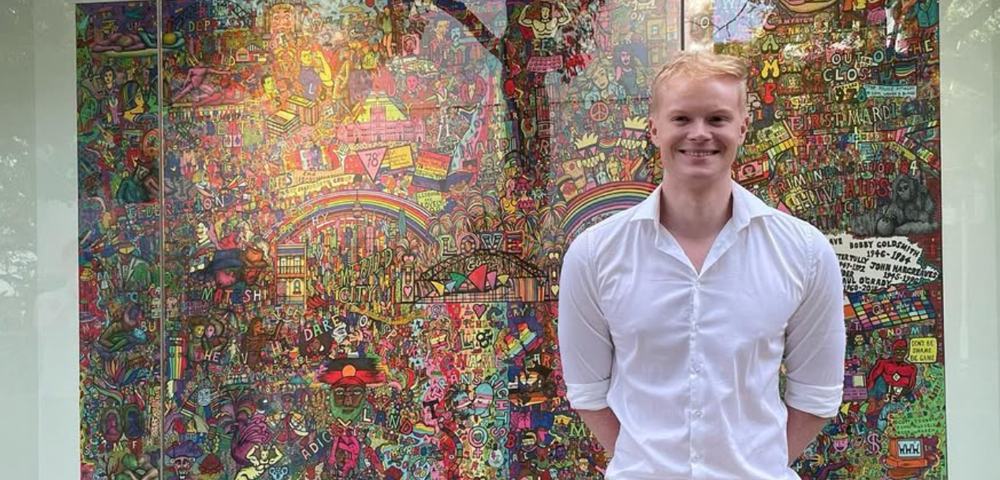
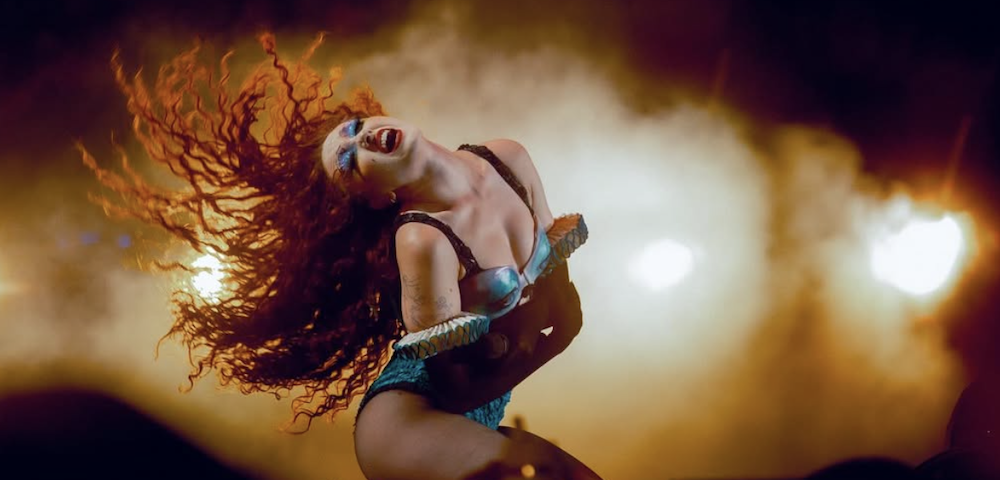
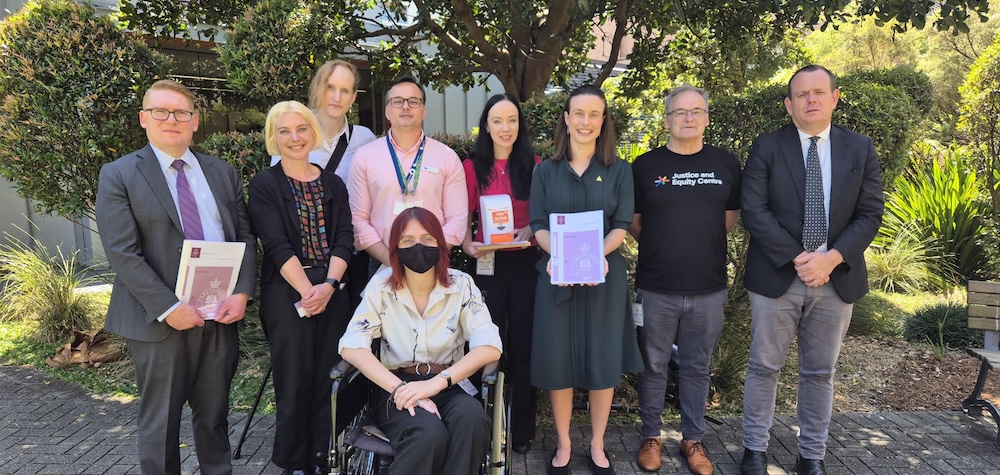
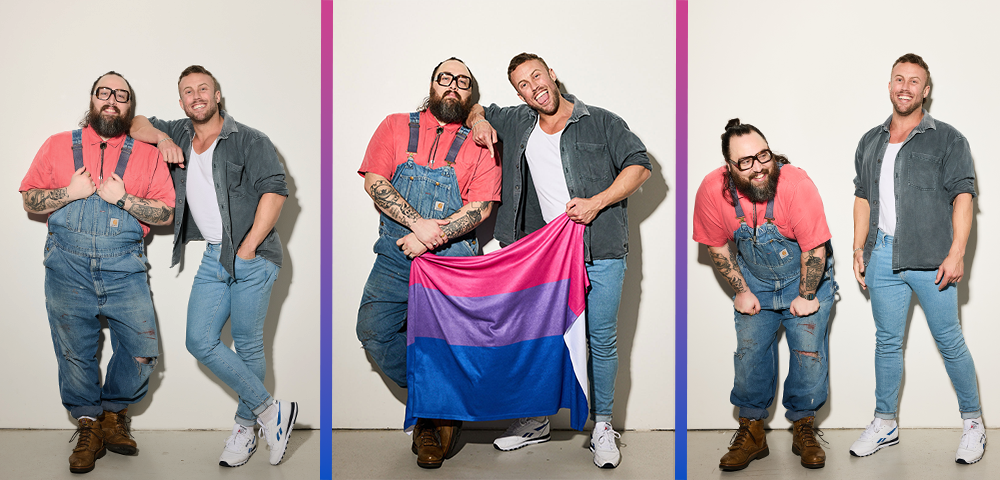
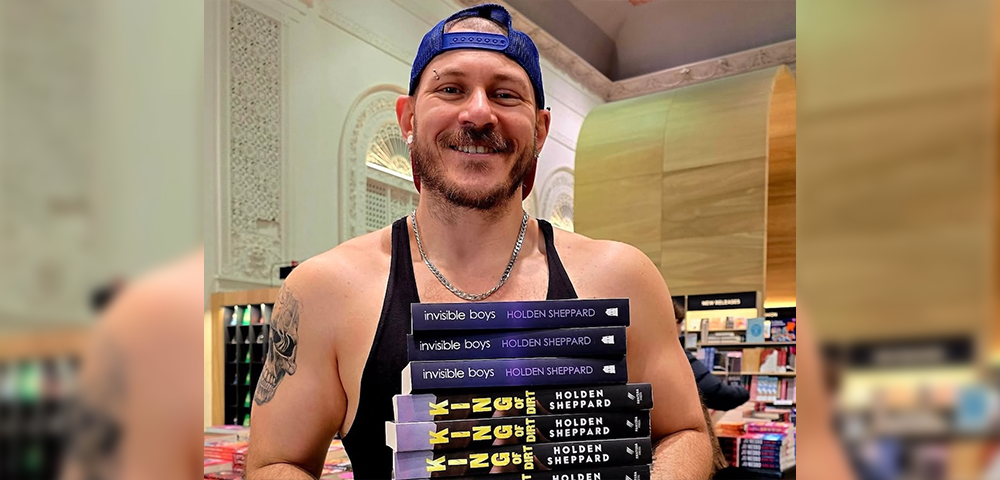
As an old poof I can spot a dyke at fifty, nay, a hundred paces (especially since I’ve had my cataracts done). I could do this before they even got tatts and the piercings. It wasn’t even the ultra short haircuts, denim and no makeup that was the giveaway – I guess it just means my gaydar has been working pretty well. As for the lipstick ones – they are easy to spot too…they are the ones who look a bit different to the butch ones but they mix with them just the same.
Isn’t it great, nowadays? We can all look as individual as we like – its just a pity that there are so many of us great chunks of us (gals and guys) can tend to look a lot like each other – and don’t get me started on vego’s and vegans!
Attire phobia is still alive and well, unfortunately. I’m so sick and tired of being told I don’t look “lesbian” by other lesbians. Sometimes I wonder if our own worst enemies aren’t ourselves.
I’m a Femme. Yes sometimes clueless straight people are surprised that I’m a dyke. But I certainly don’t denigrate Butches by calling the term “deplorable” in response. Sounds like the author has some unexamined internalized homophobia.
Deplorable label? Butch and proud here.